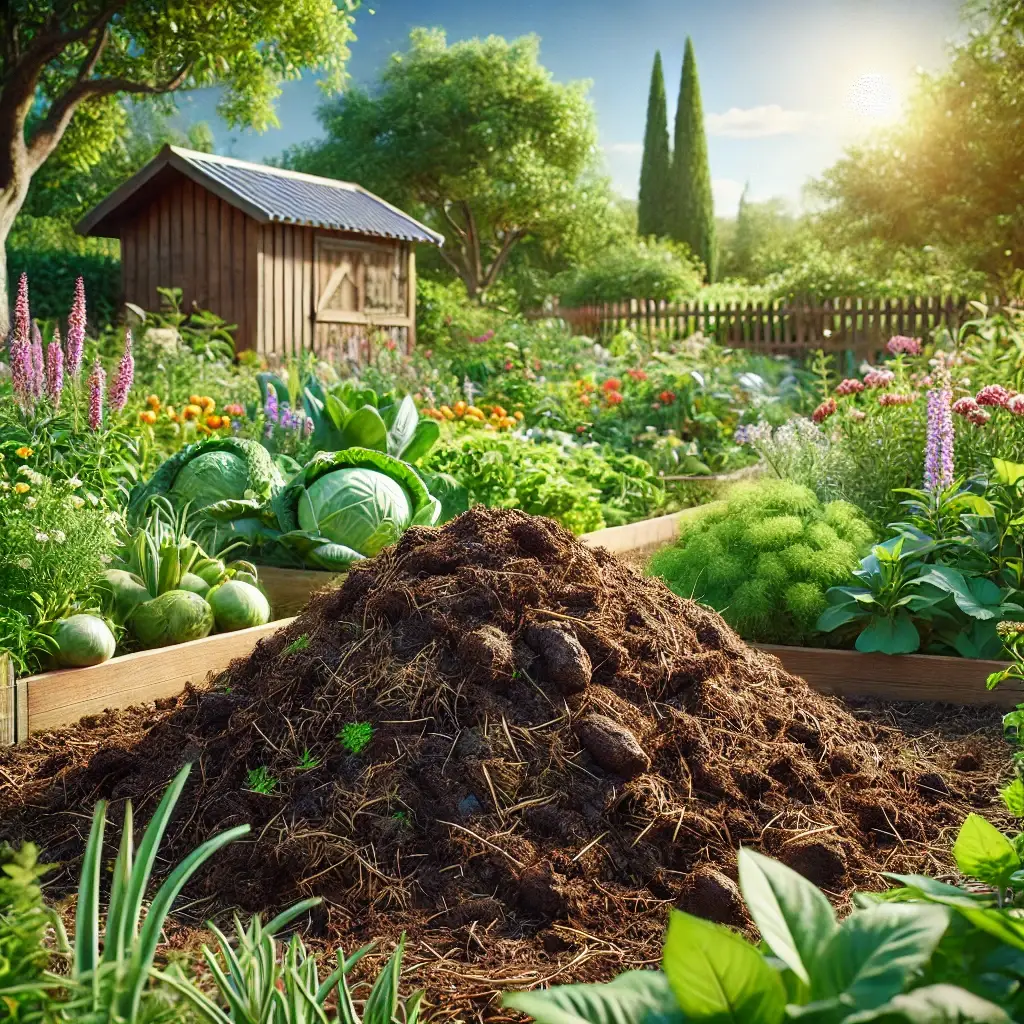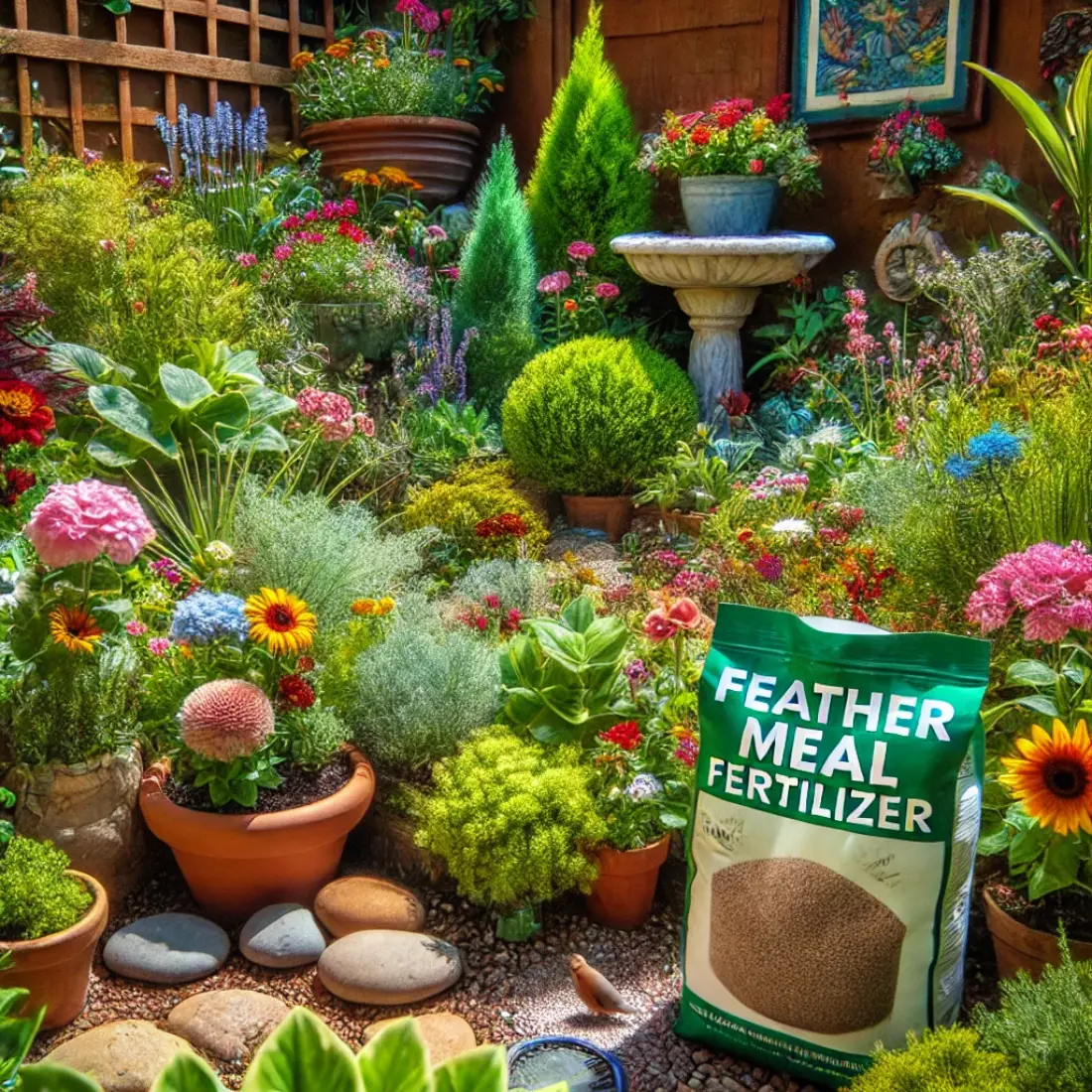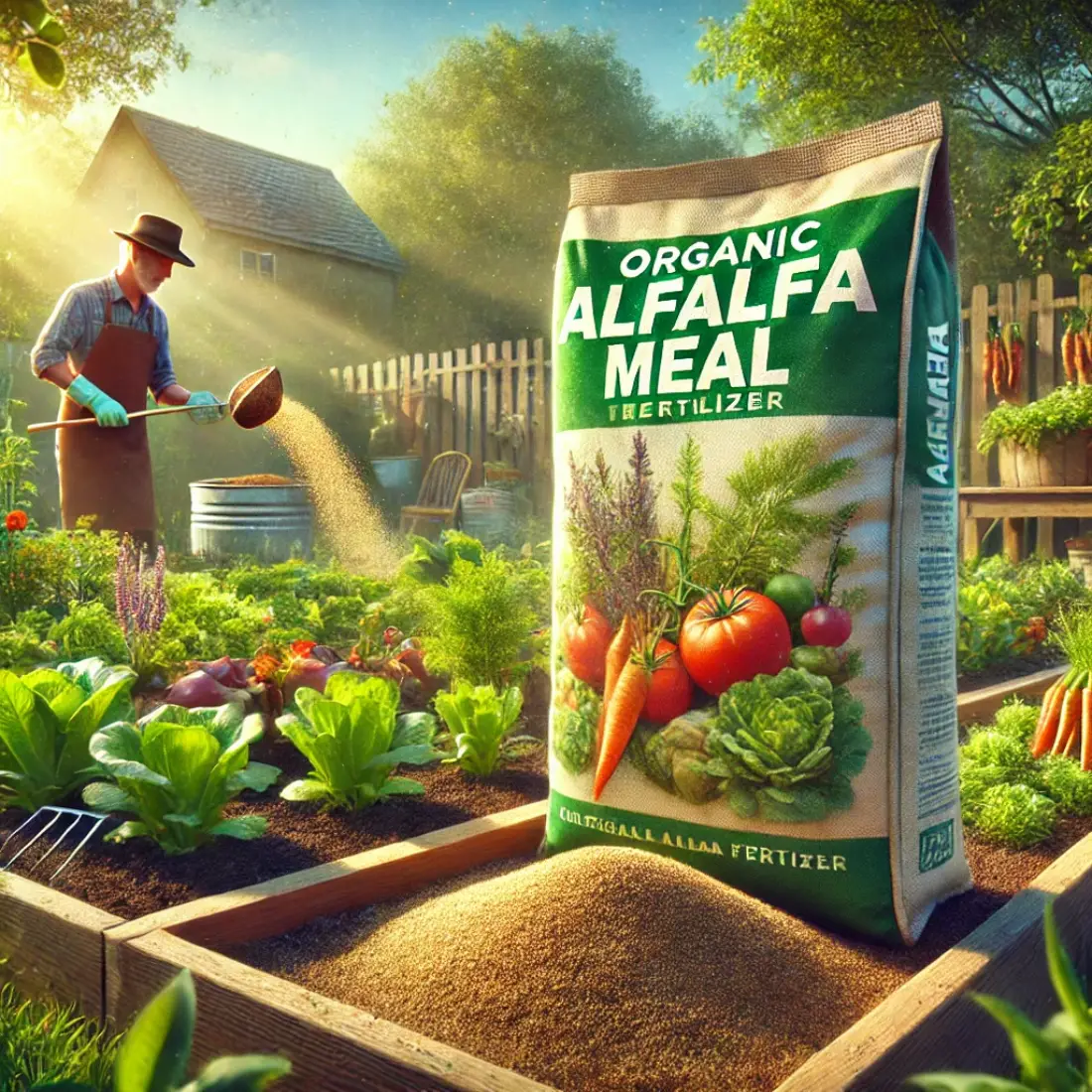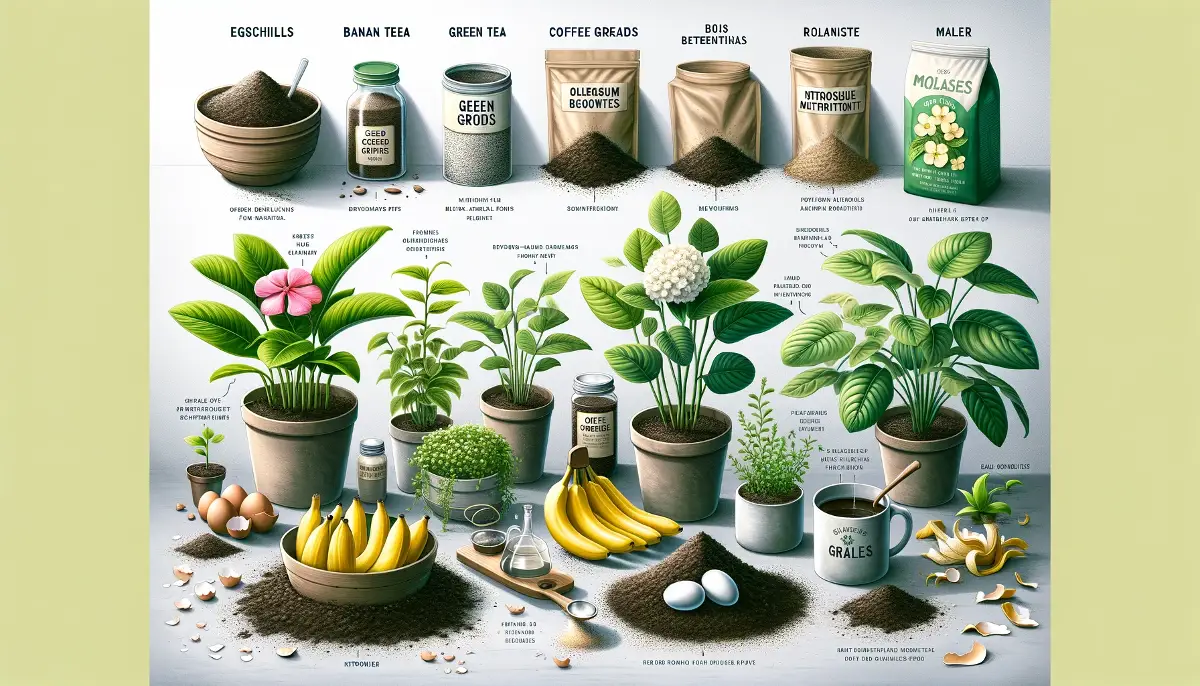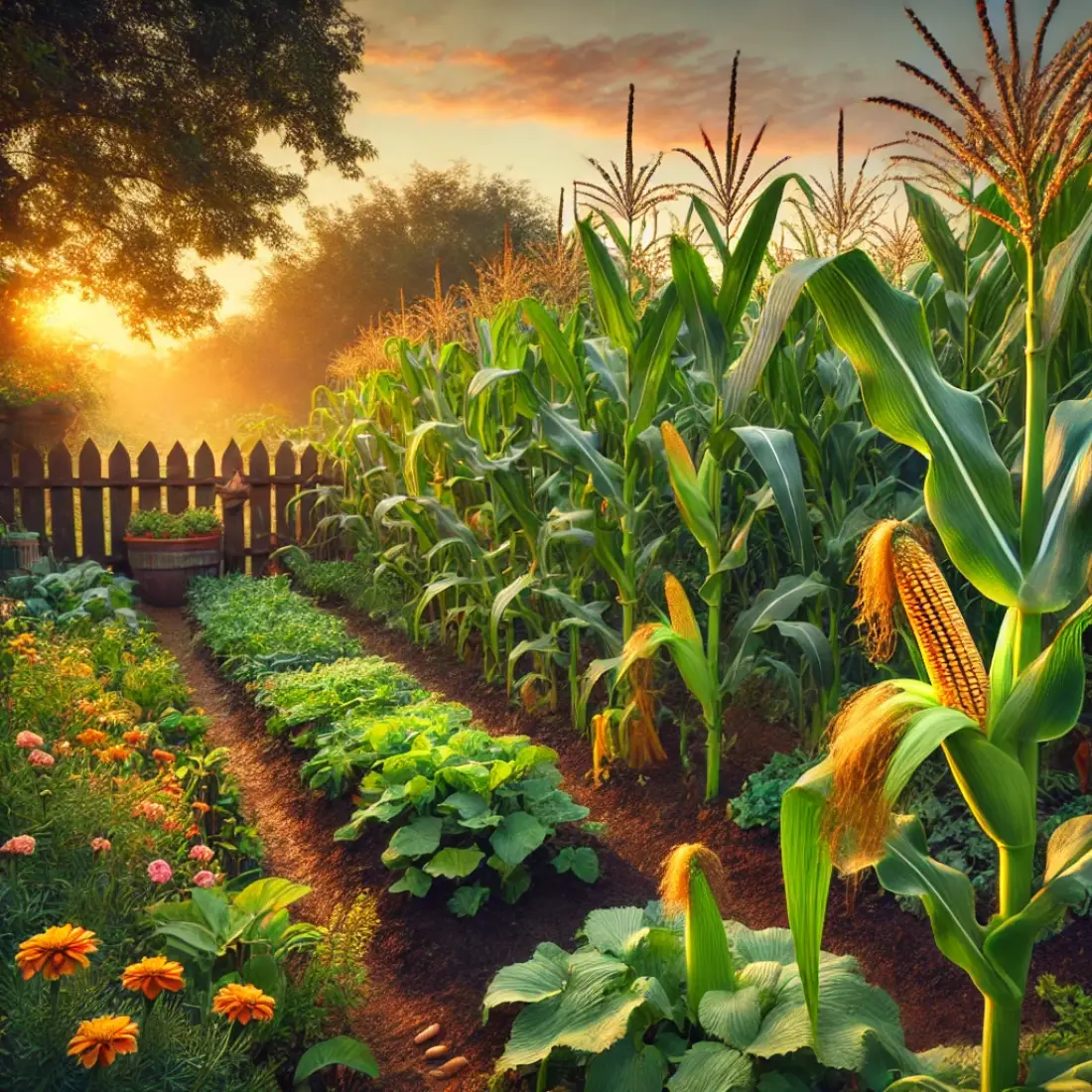Manure is an organic matter primarily composed of animal feces and urine, often mixed with bedding materials like straw or hay. It serves as a valuable natural fertilizer for plants, enriching the soil with essential nutrients such as nitrogen, phosphorus, and potassium (NPK).
- Manure enriches soil with essential nutrients.
- Different types of manure offer unique benefits.
- Proper application methods maximize manure’s effectiveness.
- Manure enhances soil structure and water retention.
Types of Manure
Cow Manure
Cow manure is one of the most commonly used types of manure in organic gardening. It is rich in nitrogen, phosphorus, and potassium, essential nutrients for plant growth. Cow manure also contains beneficial bacteria that aid in breaking down organic matter in the soil, improving soil structure and fertility.
It is relatively low in nitrogen compared to other manures, which makes it less likely to burn plants. This manure is often composted before use to reduce pathogens and weed seeds.
Chicken Manure
Chicken manure is highly concentrated in nutrients, particularly nitrogen, making it an excellent fertilizer. However, its high nitrogen content can burn plants if not properly composted or aged.
Chicken manure is also rich in phosphorus and potassium, supporting root development and overall plant health. Due to its potency, it is best used in moderation or mixed with other compost materials to balance its effects.
Horse Manure
Horse manure is another popular choice, known for its balanced nutrient profile and relatively fast decomposition rate. It contains a good mix of nitrogen, phosphorus, and potassium.
However, it can contain weed seeds due to the horse’s diet, so it is recommended to compost horse manure before use to kill off any potential weeds. Horse manure improves soil aeration and water retention, making it beneficial for various garden applications.
Sheep and Goat Manure
Sheep and goat manure are similar in composition and are highly prized for their high nutrient content and efficient decomposition. They contain higher levels of nitrogen than cow and horse manure and are often dry and pellet-like, making them easy to handle and spread. These manures are excellent for boosting soil fertility and structure. Their relatively low odor compared to other manures makes them a preferred choice for gardeners.
Nutritional Benefits of Manure
Manure is a powerhouse of nutrients that significantly enhances soil fertility and plant growth. Its primary nutritional benefits come from its rich content of nitrogen (N), phosphorus (P), and potassium (K), often referred to as the NPK values. These essential nutrients are crucial for various plant functions.
Nitrogen (N) is vital for the growth of leaves and stems. It promotes lush, green foliage and is a key component of chlorophyll, the substance plants use to photosynthesize and convert sunlight into energy. Manure provides a steady release of nitrogen, helping plants maintain healthy growth over time.
Phosphorus (P) supports root development and flowering. It is essential for energy transfer within the plant, aiding in processes such as photosynthesis and nutrient movement. Manure enriches the soil with phosphorus, ensuring robust root systems and vibrant blooms.
Potassium (K) is crucial for overall plant health. It helps regulate various physiological processes, including water uptake, enzyme activation, and resistance to diseases. Potassium in manure enhances the plant’s ability to withstand stress, such as drought and extreme temperatures.
In addition to the primary NPK nutrients, manure supplies a variety of micro-nutrients essential for plant health. These include calcium, magnesium, sulfur, and trace elements like zinc, copper, and manganese. These micro-nutrients play critical roles in enzyme function, cell wall structure, and overall metabolic processes.
Proper Application Methods
Applying manure correctly is crucial for maximizing its benefits and minimizing potential drawbacks in organic gardening. Here are three primary methods for effective manure application:
Composting Manure
Composting manure before application is highly recommended. Composting reduces pathogens, weed seeds, and the risk of burning plants due to high nitrogen levels. To compost manure, mix it with carbon-rich materials like straw, leaves, or wood chips.
Maintain a balanced ratio of nitrogen to carbon and regularly turn the pile to ensure aeration and even decomposition. Composting typically takes several months but results in a nutrient-rich, stable organic fertilizer that’s safe and easy to apply.
Direct Application
Direct application involves spreading fresh or aged manure directly onto garden beds. While fresh manure is rich in nutrients, it can also contain pathogens and may burn plants if not applied properly. It’s best to apply fresh manure in the fall, allowing it to break down over winter before planting.
Spread a thin layer (about 1-2 inches) and incorporate it into the topsoil to enhance nutrient distribution. Aged manure, which has decomposed for several months, can be applied in the spring or throughout the growing season, providing immediate nutrient benefits.
Manure Teas
Manure tea is a liquid fertilizer made by steeping manure in water. This method extracts nutrients and beneficial microbes into a soluble form that’s easily absorbed by plants. To make manure tea, fill a large container with water and add a burlap sack filled with composted manure.
Let it steep for several days, stirring occasionally. Once brewed, dilute the tea (1 part tea to 10 parts water) and apply it directly to the soil or as a foliar spray. Manure tea provides a quick nutrient boost and can help improve plant health and growth.
Application Tips
- Test the Soil: Before applying manure, test your soil to understand its nutrient needs and pH levels. This helps in determining the appropriate type and amount of manure to use.
- Seasonal Considerations: Apply manure during the off-season or before planting. Fall applications allow manure to break down over winter, while spring applications provide nutrients as plants begin to grow.
- Safety Precautions: Always wear gloves when handling manure to avoid direct contact with pathogens. Ensure manure is well-composted if using it for edible crops to reduce the risk of contamination.
Potential Drawbacks and How to Mitigate Them
While manure is beneficial for organic gardening, it also has potential drawbacks that need to be managed properly.
Over-Application
Over-application of manure can lead to nutrient imbalances, particularly an excess of nitrogen, which can burn plants and inhibit growth. To avoid this, use soil tests to determine nutrient needs and apply manure in appropriate amounts. Follow recommended application rates and avoid heavy applications, especially with high-nitrogen manures like chicken manure.
Pathogen Concerns
Pathogens present in fresh manure can pose health risks to humans and plants. Composting manure before application can significantly reduce pathogens. Ensure compost piles reach high temperatures (131°F or 55°C) for several days to kill harmful bacteria and parasites. If using fresh manure, apply it well before planting edible crops (at least 120 days) to allow time for pathogens to break down.
Weed Seeds
Weed seeds in manure can introduce unwanted plants into your garden. Composting manure not only reduces pathogens but also kills most weed seeds. Turning the compost pile regularly helps maintain the high temperatures needed for this process. Alternatively, use well-aged manure, which is less likely to contain viable weed seeds.
Odor and Pest Attraction
Odor and pests can be issues when using fresh manure. Composting manure reduces unpleasant smells and deters pests. To minimize odor, apply manure on cooler, less windy days and incorporate it into the soil immediately. Covering manure with a layer of straw or mulch can also help mask the smell and prevent pests.
FAQs about Manure
What is the best manure for vegetable gardens?
The best manure for vegetable gardens often depends on the specific needs of your plants. Cow and chicken manure are commonly recommended due to their balanced nutrient profiles. Cow manure is less likely to burn plants, while chicken manure is highly nutrient-dense but should be composted before use to avoid plant damage.
How long does manure take to decompose?
Manure decomposition time varies by type and conditions. Fresh manure can take 3-6 months to decompose if composted properly. Factors like temperature, moisture, and aeration influence the decomposition rate. Well-managed compost piles can speed up this process.
Can I use fresh manure in my garden?
Using fresh manure is not recommended for edible gardens due to the risk of pathogens and high nitrogen content, which can burn plants. It’s best to compost fresh manure or apply it in the fall, allowing it to decompose and pathogens to die off before planting.
How often should I apply manure to my garden?
Manure application frequency depends on soil nutrient levels and plant needs. Generally, apply manure once a year, either in the fall or early spring. Regular soil tests can help determine if additional applications are necessary.
Is manure safe to use in organic gardening?
Yes, manure is safe for organic gardening if properly composted to kill pathogens and weed seeds. Ensure the manure is from animals not treated with antibiotics or other chemicals, adhering to organic standards.
How much manure should I use per square foot?
A general guideline is to apply a 1-2 inch layer of composted manure and incorporate it into the top 6-8 inches of soil. This equates to about 20-30 pounds of manure per 100 square feet. Adjust based on soil test results and specific crop needs.
Does manure attract pests?
Fresh manure can attract pests like flies and rodents. Composting manure reduces odor and pest attraction. Incorporating manure into the soil immediately after application also helps minimize pest issues.
Can manure be used for all types of plants?
While most plants benefit from manure, some, like root vegetables and certain flowers, may be sensitive to high nitrogen levels. Always consider the specific nutrient needs and sensitivities of your plants when applying manure.
How do I store manure until I’m ready to use it?
Store manure in a covered pile or compost bin to prevent nutrient runoff and pathogen spread. Ensure good aeration and moisture levels to facilitate decomposition. Covering the pile with a tarp can help manage odors and prevent pests.
Can manure improve poor soil?
Yes, manure can significantly improve poor soil by adding organic matter, nutrients, and enhancing soil structure. It increases water retention and microbial activity, making the soil more fertile and suitable for plant growth.

